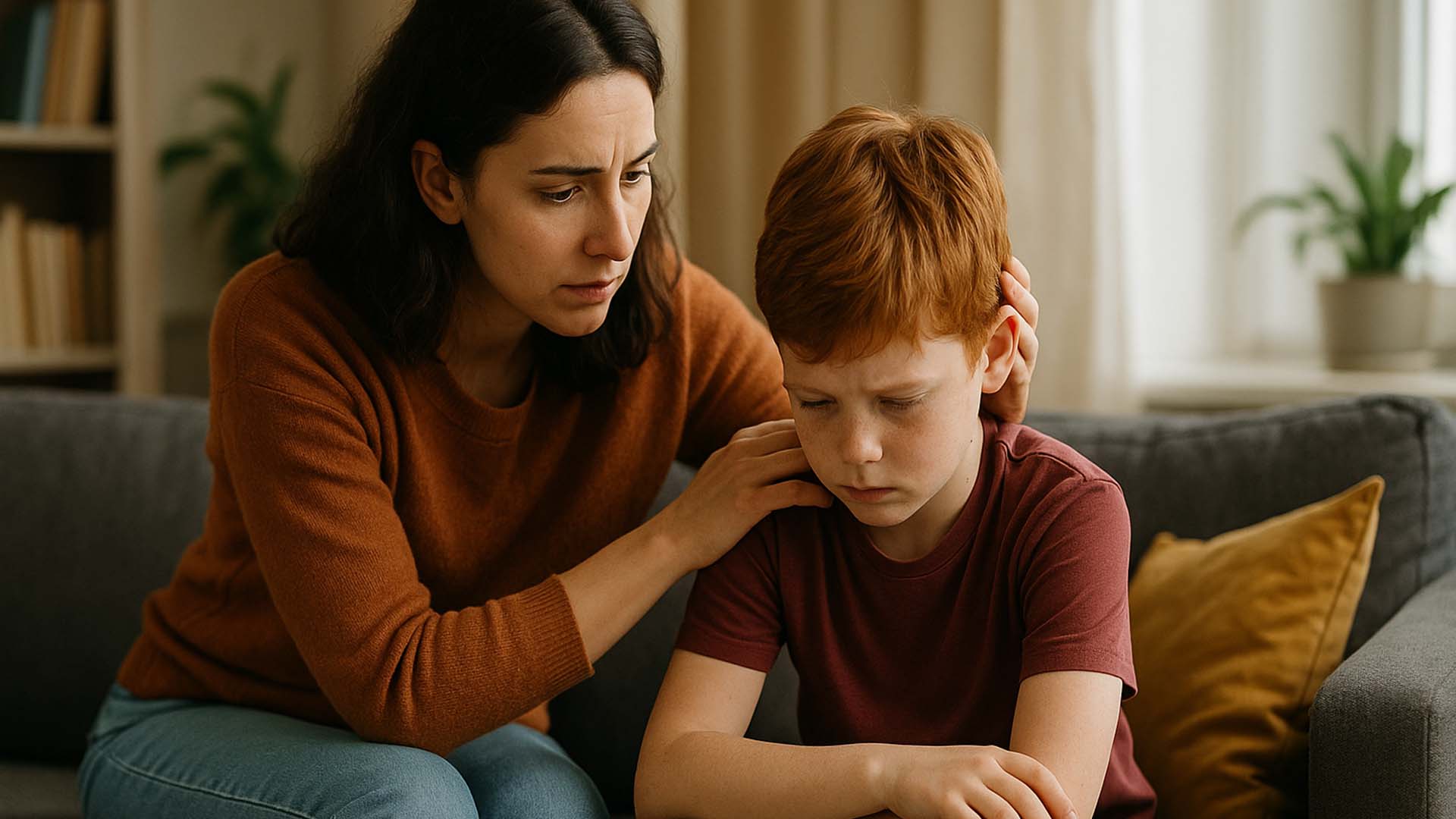In today’s fast-paced world, a child’s mental health is just as important as their physical health. With the rise of social media, increased screen time, and the pressures of modern life, it’s more crucial than ever for parents to be equipped with the knowledge and tools to support their children’s emotional well-being. This guide provides practical advice and insights to help you navigate the complexities of children’s mental health.
The State of Children’s Mental Health in 2025
Recent studies paint a concerning picture of the mental health of children and teens. According to a 2025 poll from the C.S. Mott Children’s Hospital, 83% of parents believe that the mental health of US children and teens is getting worse [1]. The top concerns for parents include social media, excessive screen time, and internet safety, with 75% of parents rating these as significant problems. These concerns are not unfounded, as research from Child Trends shows that nearly half of all teenagers have experienced cyberbullying, which can lead to anxiety, depression, and suicidal thoughts [2].
Recognizing the Signs of Mental Health Challenges
It can be difficult to distinguish between normal childhood mood swings and a more serious mental health issue. The American Academy of Pediatrics (AAP) recommends that parents watch for persistent changes in their child’s behavior, such as:
- Changes in mood: Increased irritability, sadness, or anger that lasts for more than a few weeks.
- Changes in behavior: Withdrawal from friends and family, loss of interest in activities they once enjoyed, or a significant change in academic performance.
- Physical symptoms: Frequent headaches, stomachaches, or other physical complaints that have no medical cause.
“Good mental health allows children to think clearly, develop socially and learn new skills. Additionally, good friends and encouraging words from adults are all important for helping children develop self-confidence, high self-esteem, and a healthy emotional outlook on life.” – Mental Health America [3]
Fostering Emotional Intelligence and Resilience
One of the most powerful things you can do to support your child’s mental health is to foster their emotional intelligence (EQ). This means helping them to understand and manage their own emotions, as well as recognize and empathize with the emotions of others. The 2025 parenting trends report from Rent Baby Tech highlights the growing importance of an “emotional intelligence first” approach, which has been shown to aid academic success and social competence [4].
Q&A
Q: At what age should I start talking to my child about mental health?
A: It’s never too early to start. For young children, you can begin by teaching them to name their feelings (e.g., “I see you’re feeling sad because your toy broke”). As they get older, you can have more in-depth conversations about their emotions and how to cope with them in healthy ways.
Q: How can I limit my child’s screen time without causing a fight?
A: The key is to set clear and consistent limits, and to explain the reasons behind them. The AAP recommends creating a family media plan that includes screen-free times and zones, such as during meals and in bedrooms. It’s also important to model healthy screen habits yourself.
Q: What should I do if I’m concerned about my child’s mental health?
A: If you have concerns, it’s important to seek professional help. Your child’s pediatrician is a good place to start. They can screen your child for mental health issues and refer you to a specialist if needed. You can also find resources and support from organizations like the American Academy of Pediatrics and the National Alliance on Mental Illness (NAMI).
Sources
[1] C.S. Mott Children’s Hospital National Poll on Children’s Health. (2025). Top health concerns for 2025. https://mottpoll.org/reports/top-health-concerns-2025
[2] Child Trends. (2024). 8 Trends to Know About Children and Families for 2025. https://www.childtrends.org/publications/8-trends-children-and-families-2025
[3] Mental Health America. What Every Child Needs For Good Mental Health. https://mhanational.org/resources/what-every-child-needs-for-good-mental-health
[4] Rent Baby Tech. (2025). 9 New Parenting Trends Being Adopted In 2025. https://rentbabytech.com/parenting-trends-2025/








0 Comments